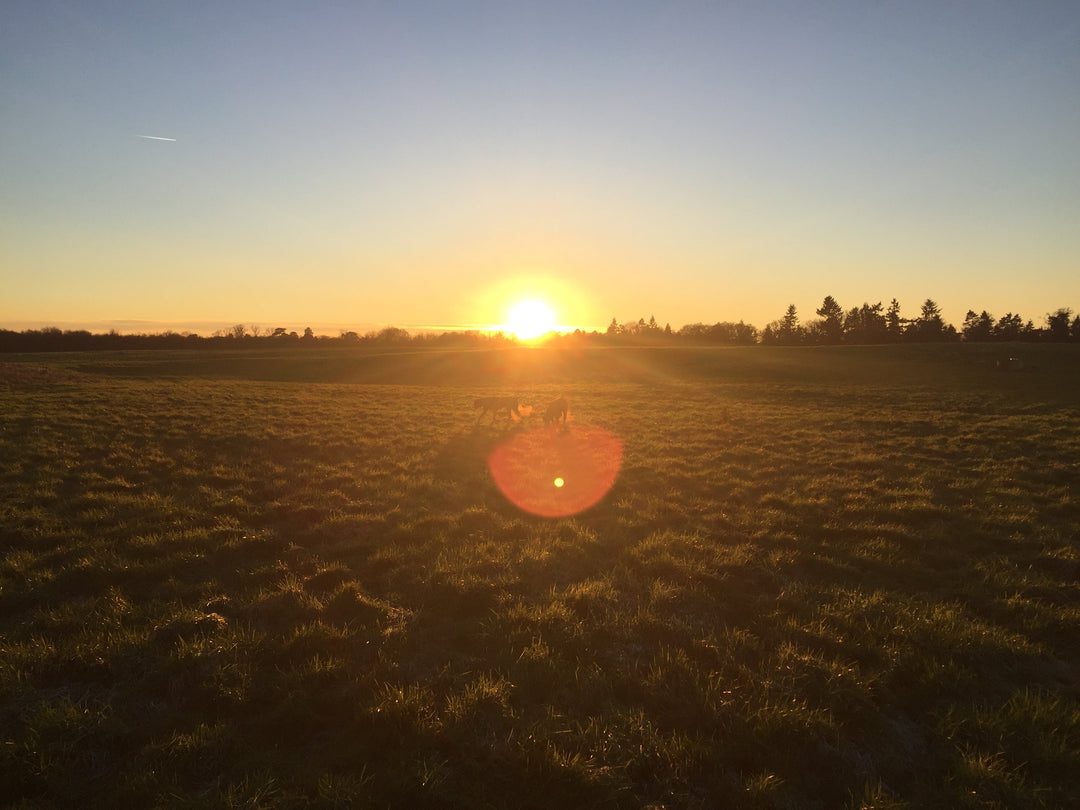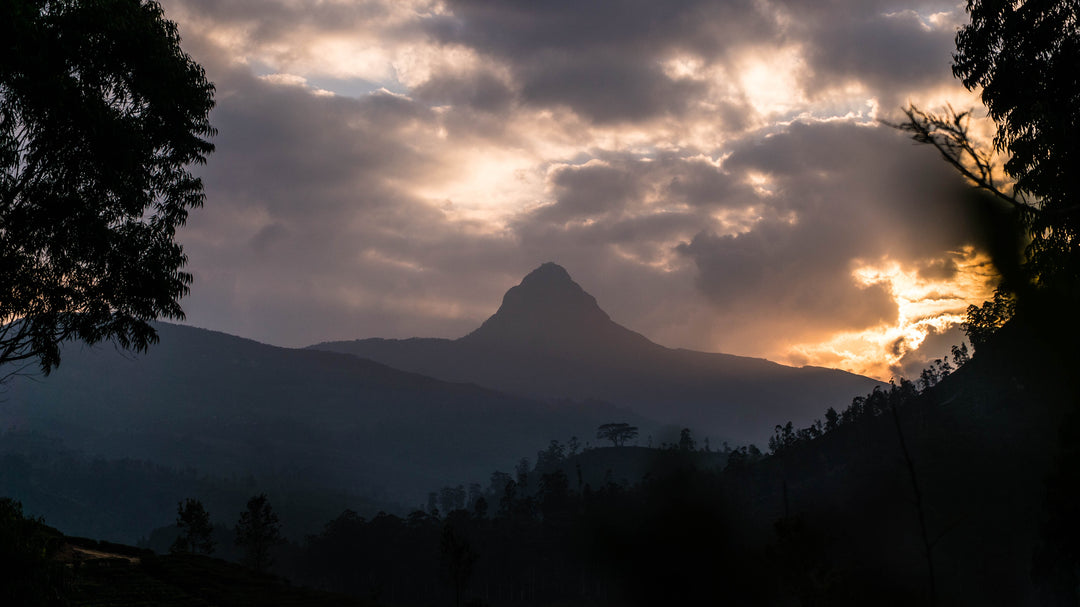Western Quality Season: How Wind and Drought Create Spectacular Teas
The beginning of the year usually means that the tea estates that lie on the west of Sri Lanka start to produce some seasonal quality teas.
For a seasonal tea to be made, there needs to be a period of at least a fortnight of dry weather coupled with winds that blow in from the south west of the country.
The dry spell starves the tea plant of water, the winds that take hold evaporate away any further moisture that sits on the leaves that sends the tea plant into a state of survival. This survival state forces the plant to produce volatile oil. When hand picked and harvested the teas produced at this time of year are some of the best.
 Dry conditions!
Dry conditions!
So far into January we are waiting for the weather to clear up, it has rained heavily over the past month and a small window opened last week where there were two days of dry weather mid week. Everyone was thinking and expecting that this was the start of the 2024 season, given that last year's 2023 had been elusive.
However by Friday the showers had returned in the evening onto much of the western estates.
We have got our fingers crossed hoping that the rains stop and we get a dry spell developing in the next few days. We will keep you posted on how the weather shapes up.

Two leaf and a bud waiting for the season to hit
This is a great reminder to us all about the complexity of seasonal teas. To craft great tasting teas, planters are working with nature. Which is unpredictable at best. It’s why single estate seasonal tea drinking is the purest form of tea drinking that one can enjoy.
For those who haven’t already tasted seasonal single estate teas, I suggest you try St James estate pekoe from Uva and High Forest Estate from Uda Pussellawa.




